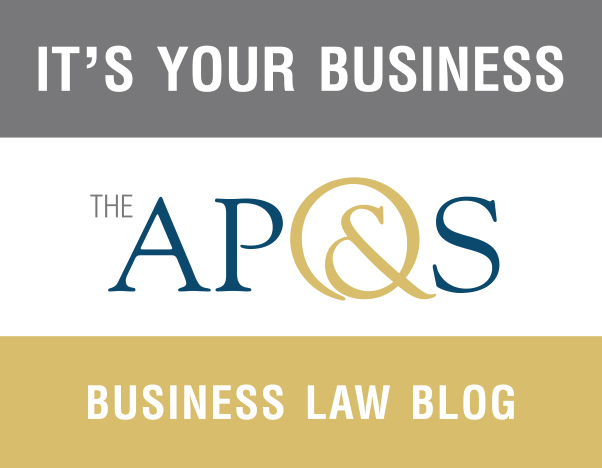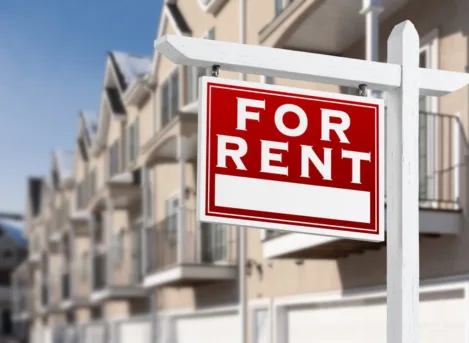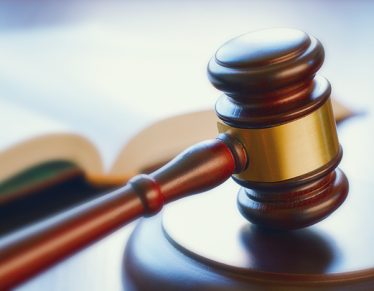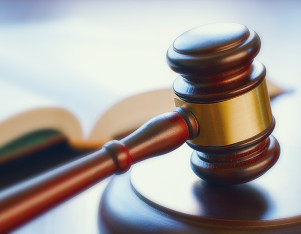Last week, the FAA granted a Google affiliate the first “air carrier” certification for a drone delivery company. Many entrepreneurs may be wondering what it takes to take flight with a drone. Unfortunately, this is no simple task: when your drone takes flight, as many as three different governments (and several agencies within them) may take an interest. This post addresses where you might find the regulations that could apply, and—more interestingly—whether the state and local regulations you find would even be enforced by a court.
The most broadly applicable regulations are those of the Federal Aviation Administration, which maintains a fairly reader-friendly introduction to registering your drone with the FAA and operating it legally. As the website shows, different FAA requirements apply depending on factors like the drone’s weight and whether you are operating the drone for fun or money.
But it may not be enough to comply with the FAA Regulations. Other federal agencies regulate drones (albeit less comprehensively than the FAA), and both state and local governments may have laws in place regulating drone flights. Some cities even require you to register your drone again at city hall.
Some state and local laws governing drones might not be enforceable. When federal, state, and local governments regulate the same activity–as is presently the case with drone flight–then a court might decline to enforce the state or local law in some circumstances. This “federal pre-emption” arises from the Supremacy Clause in the United States Constitution, which states that “This Constitution, and the laws of the United States … shall be the supreme law of the land; and the judges in every state shall be bound thereby, anything in the Constitution or laws of any State to the contrary notwithstanding.” As Supreme Court Justice Thomas put it, the Supremacy Clause gives the federal government a “decided advantage” in the “delicate balance” of power between federal and state governments.
The easiest way to tell if federal law pre-empts state law is to see if the text of the federal law says so in black and white. But even when that is not the case, a court may still hold that federal law pre-empts state law when an operator cannot comply with both state and federal law, or when the intent of the federal law is foiled by the state law. Also, federal law may pre-empt state law if federal law is so comprehensive that it leaves little room for other governments to regulate.
A federal judge in Massachusetts applied these pre-emption concepts to drone law in the 2017 case of Singer v. City of Newton. Judge Young did not find any federal law that expressly pre-empted Newton’s drone ordinance. And he determined that federal regulation was not so pervasive that there was no room at all for state or local regulation–indeed, the FAA Regulations expressly contemplate some local governance.
However, Judge Young did find that parts of Newton’s ordinance contradicted or defeated the purpose of federal law. Specifically, the ordinance contradicted federal regulation by requiring city-level registration of all drones, banning drone flight below 400 feet over private property, banning drone flight over public property, and requiring the drone to remain within sight of the operator. Those portions of Newton’s ordinance were pre-empted by federal law.
The same may be true for other state and local laws you encounter. For example, the beach town of Narragansett, Rhode Island enacted an Ordinance closely regulating the operation of a drone over any public roads, beaches, facilities, or large venue special events, and regulating drone flight over other parts of the town. To the extent this Ordinance conflicts with federal law, a court could decline to enforce it. A court might also decline to enforce Narragansett’s ordinance because the ordinance is pre-empted by state law: the Rhode Island General Assembly granted the State and the Rhode Island airport corporation exclusive legal authority to regulate drones.
As more companies adopt drones for use in business and the hobby spreads, one would expect that the law governing drones will become more uniform and, hopefully, simpler.






